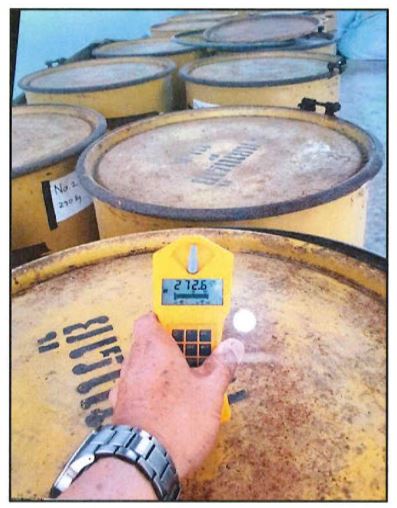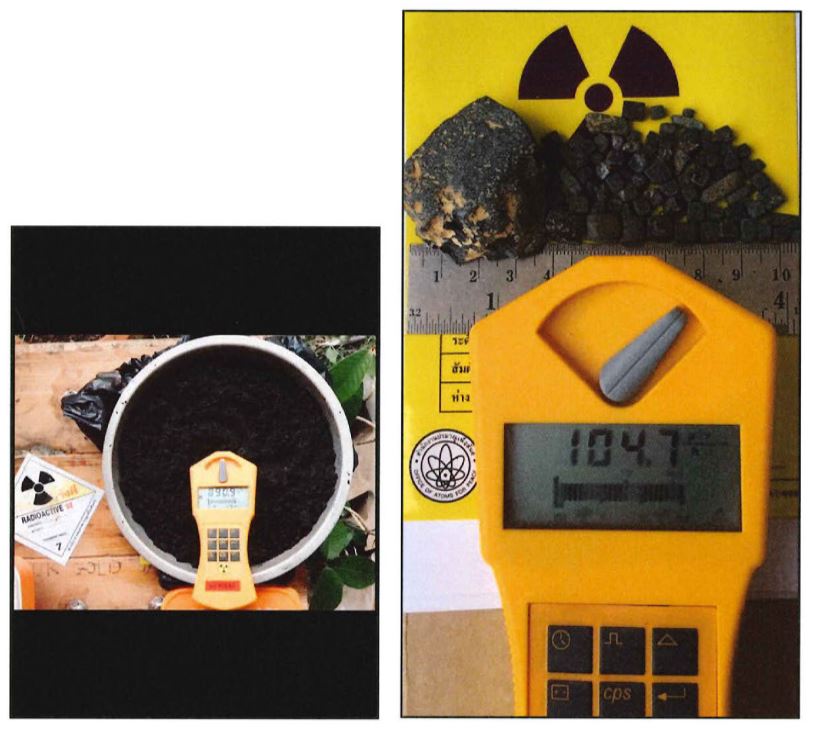A member of the notorious Yakuza crime syndicate allegedly tried to sell nuclear materials to undercover agents posing as an arms dealer and an Iranian general in exchange for weapons for a rebel leader in Myanmar, U.S. authorities say.

“It is impossible to overstate the seriousness of the conduct alleged in today’s indictment,” U.S. Attorney Damian Williams said in an indictment announced Wednesday that has made headlines around the world.
Court documents allege Takeshi Ebisawa, a leader of the Japanese criminal organization, tried to sell enriched uranium and plutonium in exchange for thousands of assault rifles, 50 rocket-propelled grenades and 20 surface-to-air missiles, among other arms, for an unnamed “leader of an ethnic insurgent group in Burma.”
He allegedly offered 50 metric tonnes of uranium and another substance used to make atomic weapons for more than $9 million, later offering plutonium, which he said would be “better” and “more powerful.”
The indictment indicates he thought he was speaking to a weapons and narcotics dealer who knew an Iranian general seeking to secure the tightly controlled material for Iran’s nuclear program.
He was actually speaking to an undercover U.S. Drug Enforcement Agency (DEA) agent.
How did the case get here?
The indictment states that, beginning in early 2020, Ebisawa told the DEA agent and later the “general” (also an undercover agent) he had nuclear material to sell.

Get daily National news
It says he sent them photos depicting “rocky substances with Geiger counters measuring radiation” as well as lab reports showing the material was radioactive, according to the document.
The agents met Ebisawa in a hotel room in Phuket, Thailand, in February 2022, where Ebisawa allegedly gave them samples of nuclear material.

A U.S. nuclear forensic laboratory later confirmed the samples contained uranium and weapons-grade plutonium, that, “if produced in sufficient quantities,” the indictment states, “would be suitable for use in nuclear weapon.”
Police previously arrested Ebisawa and an associate in April 2022 in New York and charged them with international narcotics trafficking and firearms crimes.
The document doesn’t say how the unnamed Myanmar insurgent leader secured the nuclear material, which is tightly controlled.
“If there are people willing and capable (of selling) those kinds of materials,” Queen’s University international crime expert Antonio Nicaso told Global News, “it’s likely they have people willing to purchase.”
He said black market nuclear sales proliferated after the Soviet Union collapsed and criminals were able to access more nuclear material.
And while it’s impossible to determine the size of the black market, he said the internet “intensified” contact between criminal organizations and even terrorist groups, enabling them to sell atomic fuel just as they’d sell drugs or firearms.
“They don’t have any moral approach … they are a money-driven organization,” he said.
Who are the Yakuza?
The Yakuza is an ancient Japanese criminal organization similar to the mafia and dates back to the 1600s.
It was “semi-legal” until the 1990s, when Japan passed a law outlawing it, Nicaso said.
The organization is made of autonomous clans controlling different territories and markets.
It claims to be deeply connected to communities but also has strong ties to ultranationalist political movements, he told Global News.
In 2022 B.C. RCMP and Japanese police arrested and charged four people, one of whom is allegedly connected to the crime syndicate, with drug trafficking.
He compared them to Hell’s Angels in Canada, saying “they are controlling industries such as the amphetamine, synthetic drugs, prostitution, gambling and so on.”
“And of course, they are also well connected to the nuclear industry.”
He called Ebisawa’s alleged attempt to sell plutonium especially alarming.
“You can develop a nuclear weapon program based on that material,” he said.
The charges have not been proven in court and Ebisawa’s lawyer did not immediately respond to a request for comment.
— with files from Reuters









Comments
Want to discuss? Please read our Commenting Policy first.